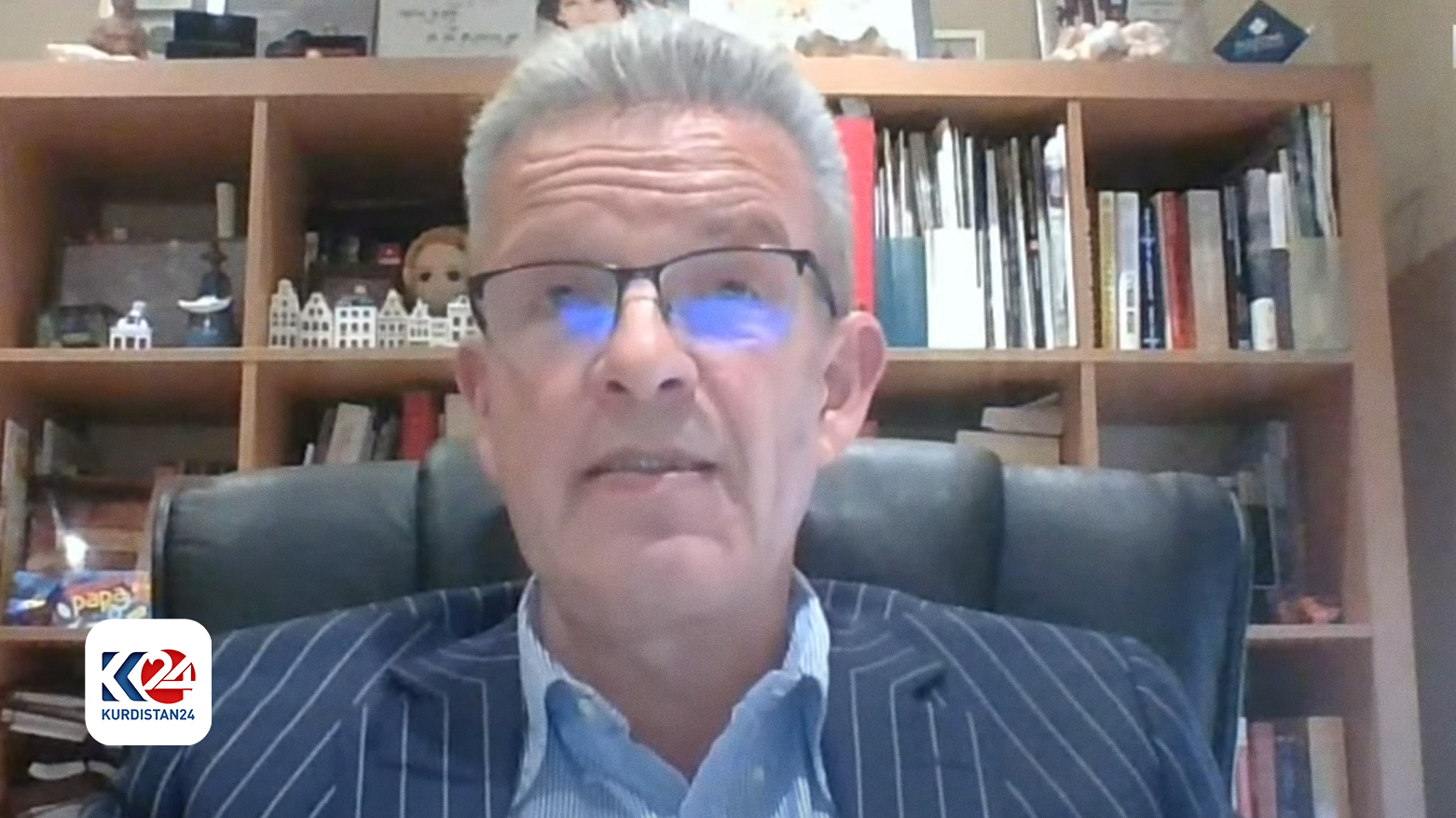KRG oil export suspension threatens global energy balance, warns expert

ERBIL (Kurdistan 24) - Cyril Widdershoven, an expert on energy and geopolitics in the Middle East based in Amsterdam, during an interview with Kurdistan24 on Monday, stated that the situation between the Iraqi government and the Kurdistan Region, particularly the suspension of oil exports through the Turkey-Iraq oil pipeline, was causing $1 billion in damage to Iraqi infrastructure every month.
Cyril Widdershoven is a long-time Middle East energy, defense and investment analyst, with over 30 years of experience in the EU-NATO-MENA region, with focus on oil-gas markets, OPEC, SWFs, geopolitics, geo-economics, military and security.
Widdershoven highlighted that the ongoing suspension of oil exports from the Kurdistan Region would impact the world energy balance. Additionally, decisions by the Iraqi Federal Court would harm the region.
"Legally, the IOCs (International oil companies) have the right to operate in the Kurdistan Region, and the Iraqi government should respect it. Of course the main issue between KRG and Baghdad is who owns the oil or its revenues. For the IOCs, this is a difficult situation, because the only option that they have is to sell their production inside of Iraq under the conditions being set by Baghdad,” he explained.
“The Iraqi government should allow the Kurdistan Region to resume oil exports," he emphasized.
Widdershoven continued, "The rights of international oil companies must be upheld, as exporting this oil will mitigate the losses incurred by these companies."
Regarding Europe, Widdershoven believed that the Kurdistan Regional Government's oil holds significant influence. This influence has been evident previously. He underlined that, “The main issue is, the powers that are at play in Iraq, are trying to prevent the buildup of a stronger oil and gas sector in KRG.”
“As a European energy analyst, I see some geopolitical powers at play to get out of western vector; also, this could slightly diminish the role of KRG as a semi-autonomous Region," he warned.
The expert also highlighted that the suspension of 400,000 barrels of oil from the Kurdistan Region through the Turkish oil pipeline would disrupt the energy balance globally. "Considering the existing deficit in the global oil market, estimated at 1.5 billion barrels annually, the re-exporting of this oil will undoubtedly have a notable impact," he concluded.
